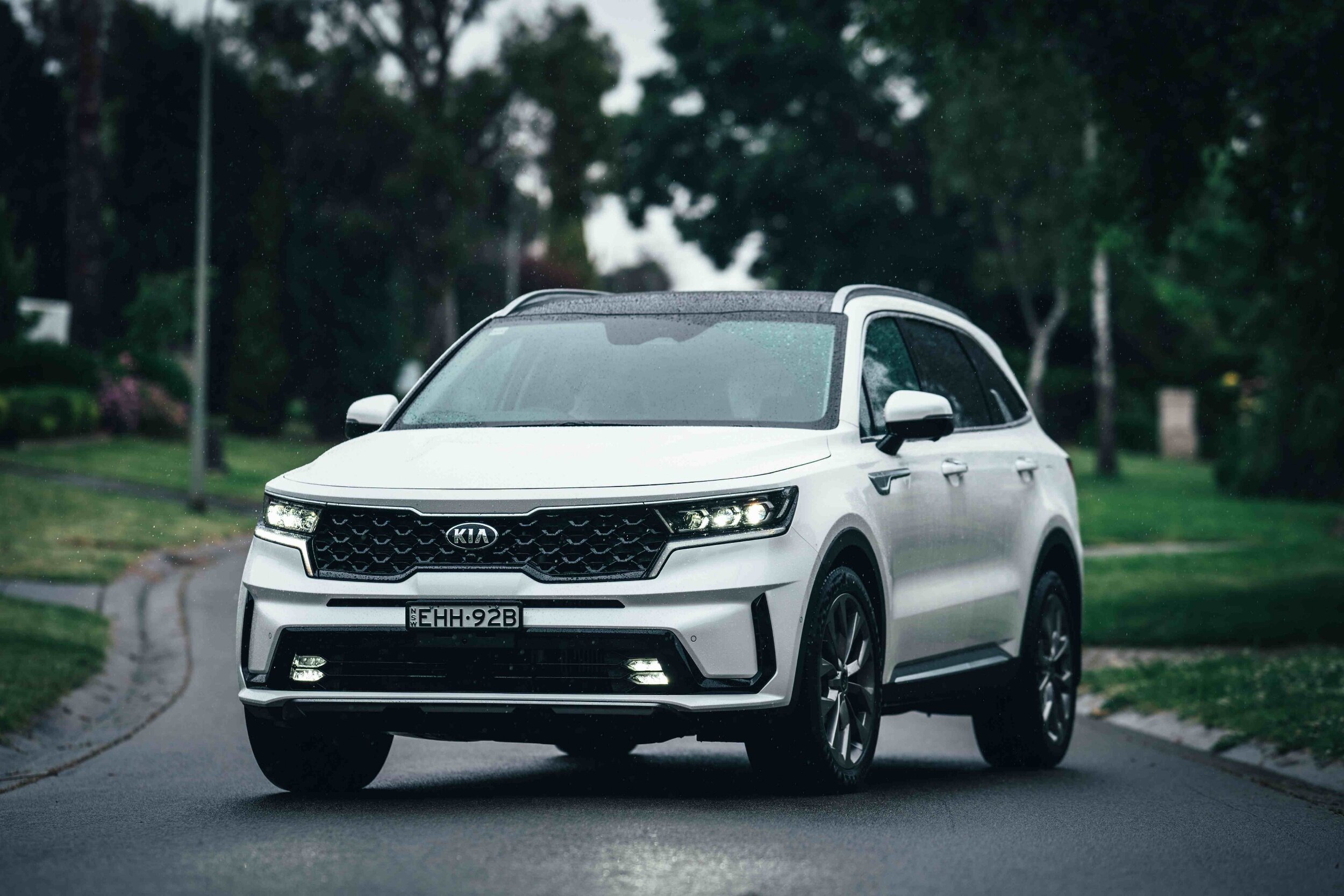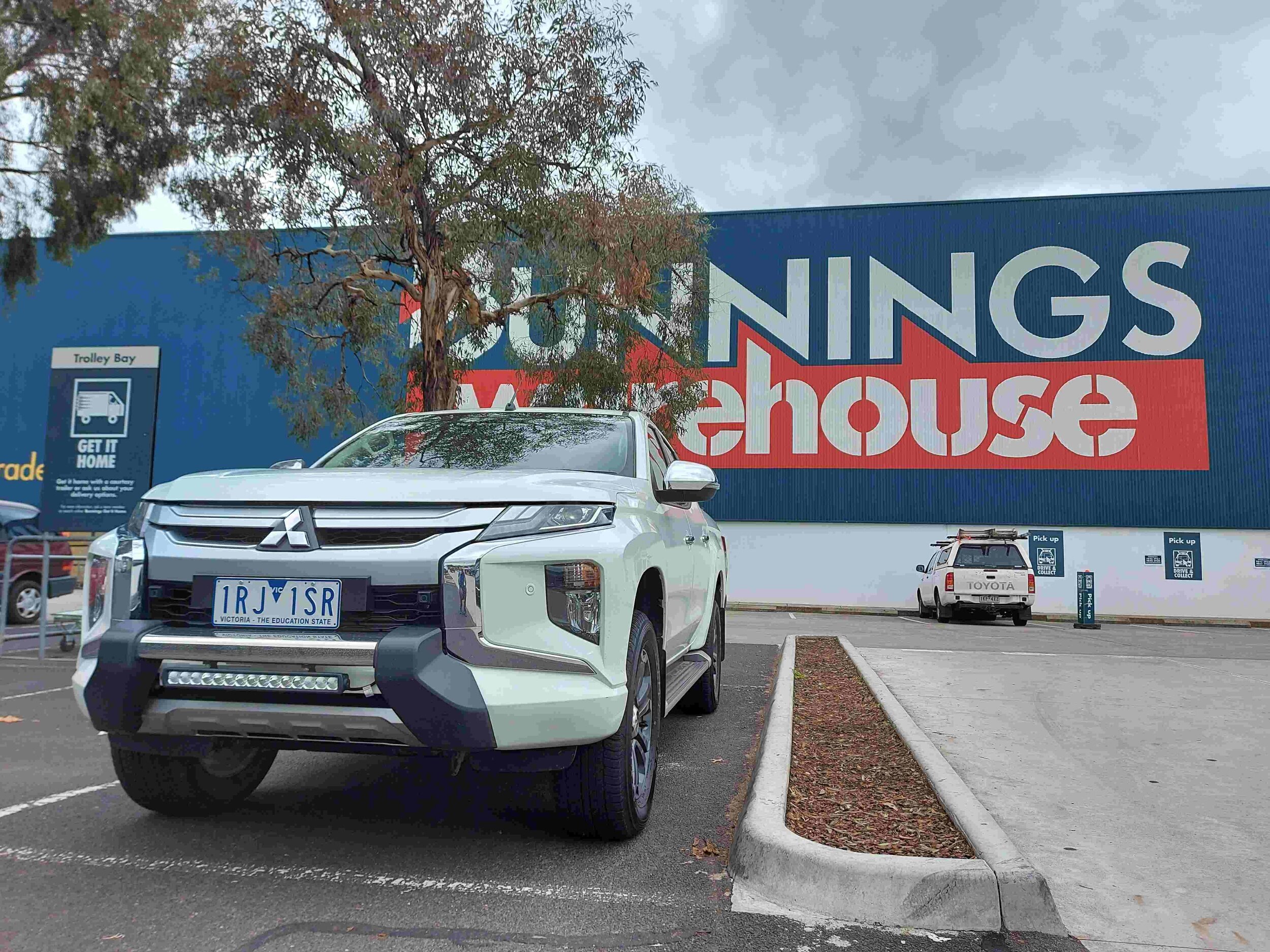SUV or Ute: Which is the best family car?
SUVs and dual-cab utes have their place as either family transport or utilitarian workhorses.
But if you're having to figure out which one will do the best job for you, I'm here to help.
SUVs and utes are inherently good at their design tasks. But where do they cross over?
One part of the problem, deciding between an SUV or a ute, is understanding how each is designed for a certain task. Trying to get it to perform the other’s primary task means there is inherent compromise.
Utes are not heavy duty workhorses (like trucks are), but they are designed to work harder than SUVs. Despite this, dual-cab utes are often seen as the best of both worlds, being able to take the family and do the dirty stuff, which is mostly true. Utes are mistakenly marketed as off-road warriors designed to tow small planets, winch themselves out of ravines and take the family leaping over sandunes and swimming through the Snowy River during the first spring melt. But they’re good at much more mundane daily life.
A ute is great for families that don't fuss over getting a bit messy. Throwing sandy wet toggs in the back of a ute with the sandy beach tent and toys is easier than trying to find a tap to rinse everything off. But, things are much easier to steal from the back of a ute, and much harder to keep dry.
With coil springs and more cushion in their dampers, typically, SUVs are often seen as a soft option, for mums and kids only, with moderate potential for hard work and mostly for carrying prams and shopping. But they are brilliant in their element, and they come with distinct advantages. Everything stays dry, obscured from prying eyes and locked away.
SUVs are superior in comfort, especially for long distance or long-term driving periods, especially when spending a lot of time driving place to place. Sitting in traffic is easier to manage - by a country mile - in an SUV than a vibrating, noisy, less articulate ute.
An SUV can handle mobile gyms and personal training equipment, but every day of the week…?
Utes are harsher. Ignore the glossy marketing that tells you they ‘drive like a car’, because that’s rubbish. They’re typically leaf-sprung which makes them awful to drive compared with coil springs in SUVs. Utes bounce hard over bumps, and they thump into potholes. They also have poor turning circles and steering racks that don’t favour quick, low-speed manoeuvres.
However, utes will take punishment better than an SUV.
If you spend your weekends riding trail bikes, throwing personal training equipment in and out, or picking up cubic metres of whatever, they’re ideal. However, SUVs can do that too.
Do you see the conundrum now?
The second part of this problem deciding between an SUV or a ute, is the perception of each. The way you might think or feel about a ute or SUV is subjective, which means you have to try to remain unbiased and stay focused on the objective benefits and compromise of either, based on the tasks you need this vehicle to perform.
You need to ask yourself how often you’re going to bring home pallets of tiles or bags of concrete and building materials. Will you frequently be making trips to the tip, or doing routine light off-roading, like on a farm or in a rural area? Or will you be occasionally visiting the country but live primarily in a major suburban area or metropolitan city?
See, an SUV is quite comfortable doing the occasional dirt road, and you can absolutely carry heavy stuff home from Bunnings every weekend. A pair of roof racks and a tow bar will further increase the ‘U' in your Sports Utility Vehicle.
Where a ute becomes the right tool for the job is frequency and the nature of that work. Filthy wheelbarrows, endless bags of dusty concrete, dirty long-handled shovels, portable Honda generators and boxes of extension leads, checker-plate tool boxes and muddy boots will all leave an SUV worthless in the space of a year or two.
An SUV can do dirty work, occasionally, no problem; doing it every day will leave it worse for wear, unlike a ute.
If you’re going to deal regularly with muddy worksites or remove rubbish or carry excavator buckets, an open tray and high- or low-range four-wheel drive is going to be essential. You need a ute.
The initialism ‘SUV' is fundamentally misleading. Typically speaking, SUVs generally don't offer more sportiness than a regular car like a sedan or hatch. And neither is an SUV going to be a more versatile utility vehicle than an actual utility vehicle, like a ute, van or wagon.
The SUV is a compromise, at its core. You get a bit more ‘sport' and ‘utility’ in terms of additional ride height and a more elevated boot floor, but that’s it.
What the SUV is always going to trump a ute over, is carrying people. You can take anywhere from five to eight in an SUV, obviously. But the ute is strictly limited to 4.5 people. I say .5 because the centre rear seat on any ute is pretty crap for serious passenger transportation… unless you hate said person.
Dual-cab utes do serve that Swiss army knife multi-purpose requirement you might have, taking kids or workmates and serious equipment/tools/haulage, which is exactly why they’re so popular.
You can’t get a pallet of floor tiles in the back of an SUV and take the kids to footy on Saturdays. But you can use a trailer.
A towbar and a simple 6X4 trailer massively extends the capability of an SUV, giving you back that best-of-both-worlds advantage. More people should consider this option and enjoy a properly comfy car when not in work mode.
And most SUVs come with some kind of terrain response system these days, so on occasion if you are in muddy or slippery conditions, you can probably get yourself outta trouble.
But if the very thought of a trailer terrifies you, or you have a driveway from hell, you might need to lean towards a ute. Unless you have more than two kids, in which case, you need a large SUV with a towbar.
How to decide
You need to be totally honest with yourself/selves.
Analyse what your real driving situation is and will be for the next three years, roughly.
Don’t think about the 10 percent of rare adventures you might eventually get around to doing. You’re not buying for the 1 in 10. You’re buying for the 9 in 10, the vast majority of everything you’re actually going to do with this new vehicle.
Are you going on any big driving holidays or regional touring with the kids? Will there be towing involved, and what kind of trailer would you tow? Seven seat SUV.
Are you a part-time tradie who needs to get big, dirty, bulky things in and out quickly with little regard for carpets or plastic trims? Ute.
If you live in an outer metro suburb with a real wood burning heater, which you keep hot for four months of the year by collecting firewood the previous winter, you need a ute.
Do you go remote camping up steep slopes and over creek crossings every school holidays, taking tents, big eskis, slabs of beer and an entire supermarket’s meat department to broil in a campoven? Well, depending on the SUV, you could do it in both. But a ute is probably going to handle it better.
Ultimately, it all depends on what your preferences and requirements are. I can’t specifically tell you which one to get, but I can give you the tools to make an informed decision.
Whichever way you go, SUV or ute, they're both brilliant and compromised. It comes down to what compromise you're happy to accept and can live with for the sake of benefiting from what that vehicle does really well.
Which SUV best suits your family?
2021 Subaru Outback review: The SUV wagon for adventurous Aussie families_
2021 Hyundai Santa Fe review: An SUV large on luxury_
2021 Kia Sorento Review: This seven seat SUV has game_
2021 Hyundai Palisade Review: Big, eight-seat SUVs don't glide_







